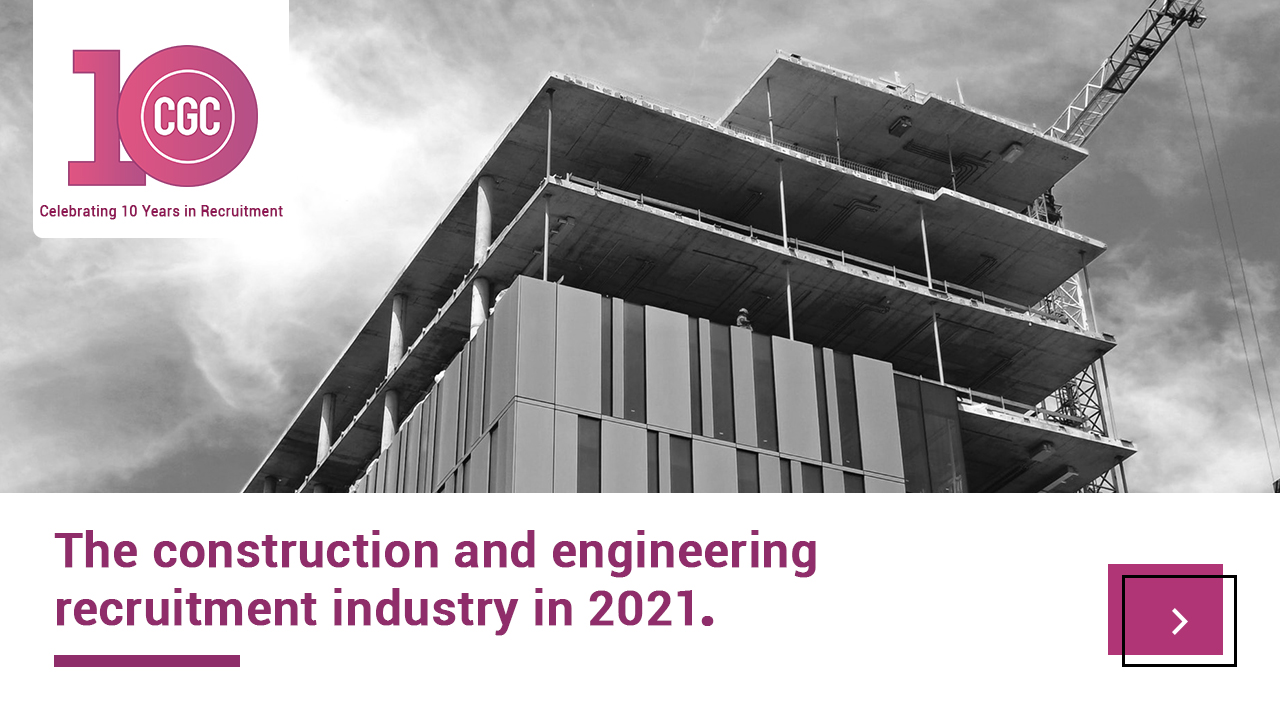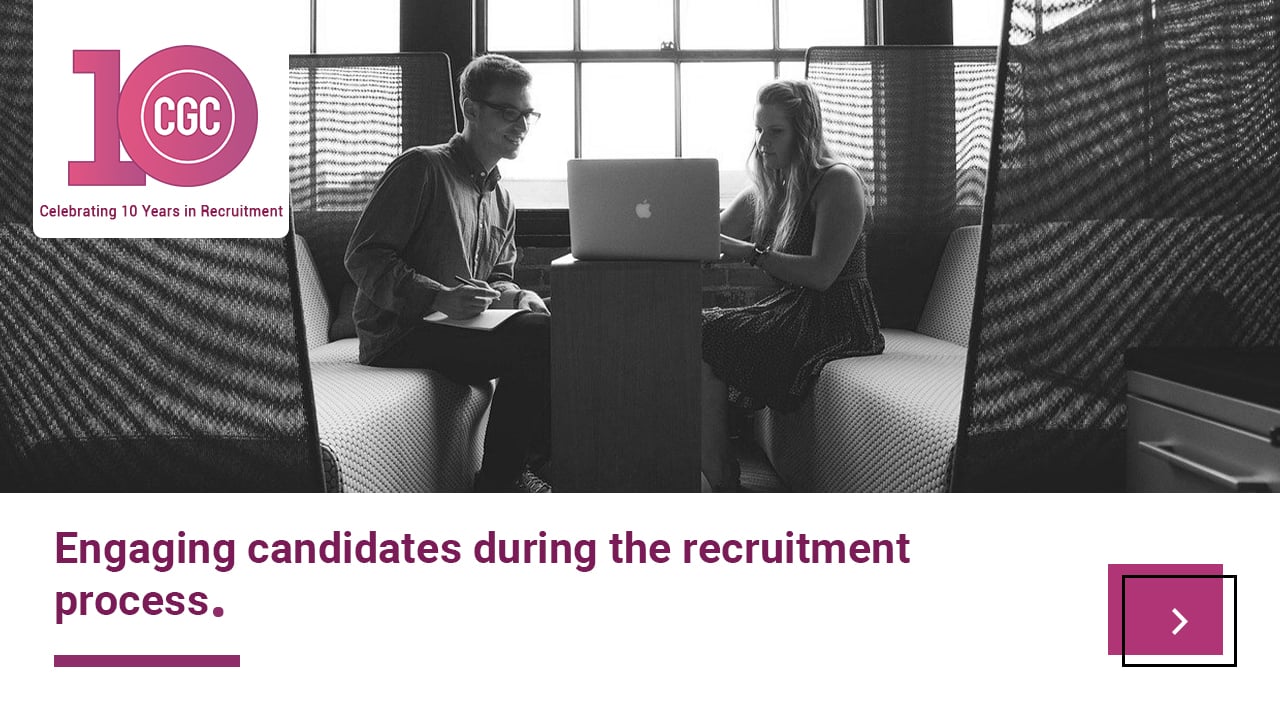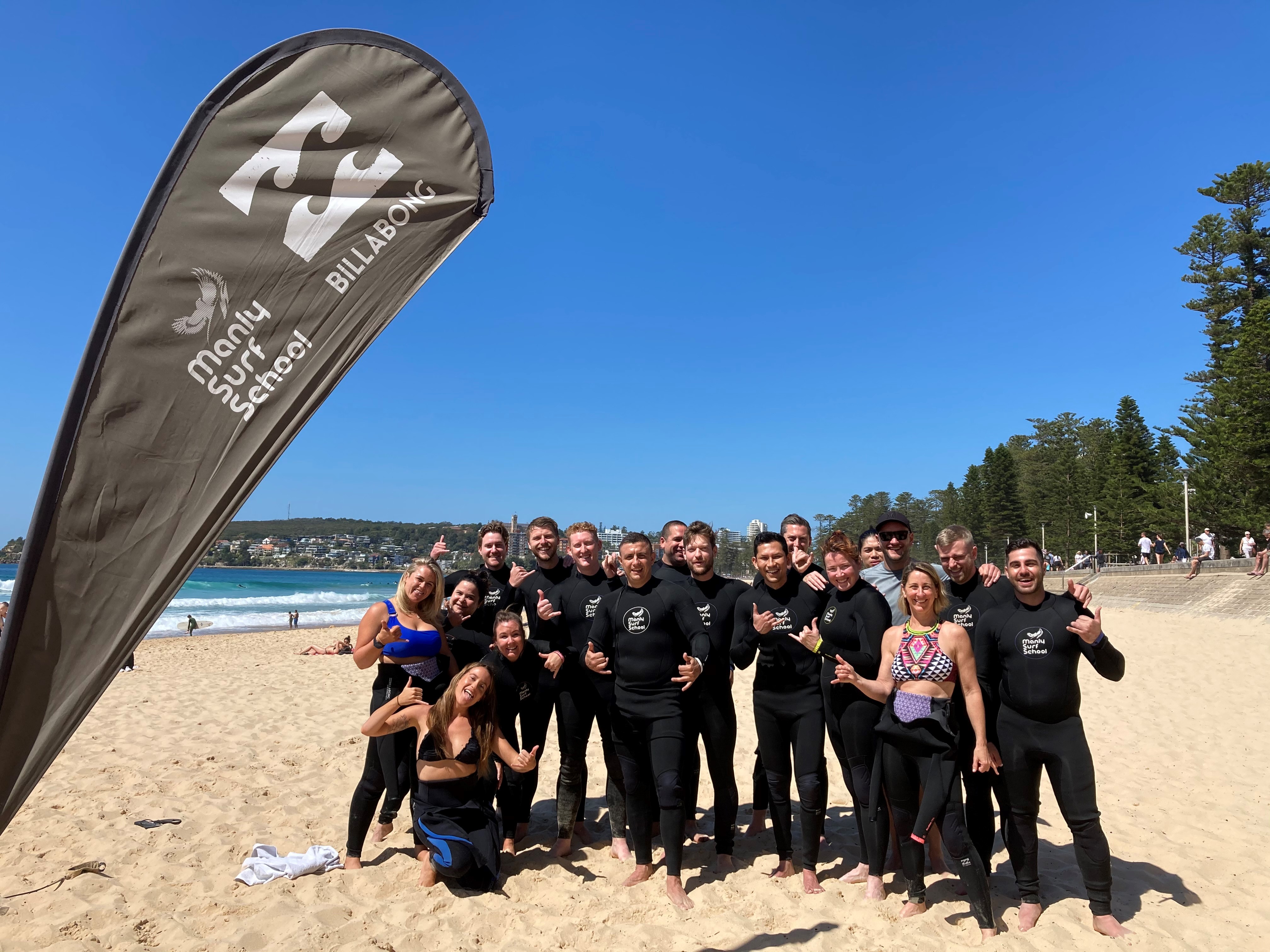
Recruitment trends in 2022 - Brisbane
With its warm climate, housing affordability, and laid back lifestyle, it’s no surprise that we’ve seen an influx of domestic migration to the Sunshine State.
Read moreJob markets are constantly evolving, and during the lockdowns and changing work and border restrictions of 2020 and 2021; we saw the importance of certain roles change, companies refocused their resourcing plans as they diversified or took on more work, and jobs exist today that didn’t just a few years ago.
This is, of course, largely due to population growth, the economy, technology, and COVID. So, what can we expect in 2022 for the construction, infrastructure, engineering, project management, and government sectors?

Earmarked as the top growth industry over the last five years, were: healthcare and social assistance jobs; professional, scientific, and technical services; education and training; construction; real estate; administrative and support services; and many more. And we have seen significant public and private investment in infrastructure to support this growth.
All this, along with global mobility issues, has created a perfect recruitment storm, and recruiting the right people in the right roles will be a significant challenge for businesses. Many boards and senior leadership teams state recruitment as their top business concern in 2022.
As the world continues to change, recruitment and selection trends also adapt, so it’s difficult to say definitively what individual companies will need. However, from tier 1 contractors to SME builders, and global consultancies to design specialists; we envisage the following six areas should be carefully considered.

Due to lockdowns, millions of Australians have and continue to work from home and it’s fundamentally changing how we work and how businesses operate.
Whilst it’s not appropriate for all roles, any company that wants to attract the best staff in 2022 and beyond will have to embrace remote and flexible working, where possible, to get the job done. This also means employers can attract a broader range of candidates helping to build workforce diversity.
This does, however, also mean that culture needs to be carefully considered, as building or rebuilding culture remotely is more difficult.

As the name implies, social recruiting relies on the use of social networks to find, attract and hire candidates and it’s not exactly new! However, we can expect this to change significantly in the next few years.
With an increased focus on the changing social media landscape (i.e., Facebook’s 2021 Meta announcement) and coupled with new AI tools, recruiters that don’t consider social media campaigning and new tools in 2022 could be left behind.
With many teams working out of the office, HR and recruitment teams need to perform at their best. Using new tools and HR software can help with everything from interviewing, onboarding, employee wellbeing, and training to automated pay runs, leave management, employee engagement, payroll, rostering, and much more.

The World Economic Forum coined the phrase, the great resignation, following the accountment of this shocking statistic. Whether it’s due to changes in thinking, global mobility improving, the abundance of projects, individual needs, etc, we are expecting to see more candidates looking to change jobs in 2022.
To combat this companies will need to proactively look at their teams and key staff members, and think about retention incentives. Rather than counter offers, which are generally reactive and often too late, employers will need to consider wider staffing incentives and career planning to offer top talent career pathways.
This also leads us to…

Whilst we expect candidate mobility to improve in 2022, this won’t solve all our talent shortages. As such, and based on point number 3, employers may need to employ key project roles before they’re ready, to secure the right people even if it’s not at the right time.
Of course, if someone is filling in time for a few months, this may impact their job satisfaction, so it’s a careful balancing act.
We expect candidates to be covert about any searches, especially in our well-networked industry. So, we’d recommend that businesses work with recruitment consultants and consider their needs very early, securing teams sooner rather than later, because top talent won’t wait.

Of course, the employee experience starts before you hire, with good candidates looking at who they want to work for based on EVP, culture, projects, etc. long before any application. So, it’s important we build a great candidate experience throughout the search, selection, recruiting, and onboarding processes.
Continuing this theme in 2022, we expect to help many clients develop a solid candidate experience. This is something that needs to be authentic and well-integrated to avoid losing candidates during the recruitment process or onboarding period. We’ve had a few instances where we’ve seen great candidates move quickly from roles when the day-to-day realities don’t match the CXP expectations.
Here are CGC’s 5 golden CXP rules:
If Australia follows in the footsteps of the rest of the world, we may find the number of interviews during 2022 increase dramatically, so this will be an important step for many businesses.

If the great resignation comes to fruition, companies are going to be recruiting in many different places, including internally.
Of course, additional training vs. lost productivity from staff turnover is more attractive and potentially more cost-effective. But, for technical roles and with talent shortages, internal recruitment is still a challenge and companies may face skills and experience gaps.
There are many strategies to mitigate this, including using mature industry specialists that may be retiring or have taken early retirement, to help mentor and coach raw talent. This is something we’re seeing in the construction industry.
The last few years have drastically impacted the recruitment industry and we’re facing significant talent shortages. From the initial economic downturn, which saw unemployment skyrocket, to a surprisingly buoyant labour market recovery, which moved quickly to a time of growth for many businesses, it’s been a rollercoaster ride and 2022 is forecasted to be even bigger.
At CGC we’re extremely confident in a strong recruitment market in 2022, but we will all have to work very hard to secure the best candidates.
CGC Recruitment specialises in helping complex, large-scale development projects to achieve the best outcomes through recruiting outstanding, professionals in architecture, engineering, consulting, development, and project management.
You can be part of our talent pool by taking just 30 seconds to register with us online at CGC, or contact us, or search our jobs.
If you are an employer with an opportunity for a new team member, please get in touch with CGC and an experienced CGC consultant can help you find the perfect candidate for your role.

With its warm climate, housing affordability, and laid back lifestyle, it’s no surprise that we’ve seen an influx of domestic migration to the Sunshine State.
Read more
At CGC Recruitment, we believe that the coming year will see business confidence returning once the health crisis is under control in Australia and momentum returns.
Read more
Hi all and welcome to the first CGC Newsletter of 2019 – what a prosperous year we have ahead!
Read more
Regardless of whether you’re a manager, business leader, or looking to improve your career outcomes - it shouldn’t come as a shock that having a career plan in place is essential.
Read moreWelcome to the January newsletter. The sentiment in the construction and engineering sector is very positive and 2016 looks to be a strong year for the market. In this month’s newsletter we hear from...
Read more
It can be difficult to keep candidates engaged throughout the recruitment process. When initially contacted by a recruiter, prospective employees are understandably excited. All too often, however,...
Read more
2020 has, without question, been the biggest, strangest, and potentially scariest year for CGC, and our clients, since we set up the business 10 years ago.
Read moreIt’s time again for our annual CGC in Focus report, taking an in-depth look at the state of the nation, from a recruitment perspective… and what a year it has been! It’s no surprise that the outlook...
Read more© 2022 CGC Recruitment. All rights reserved.
Terms & Conditions Privacy Policy Contact